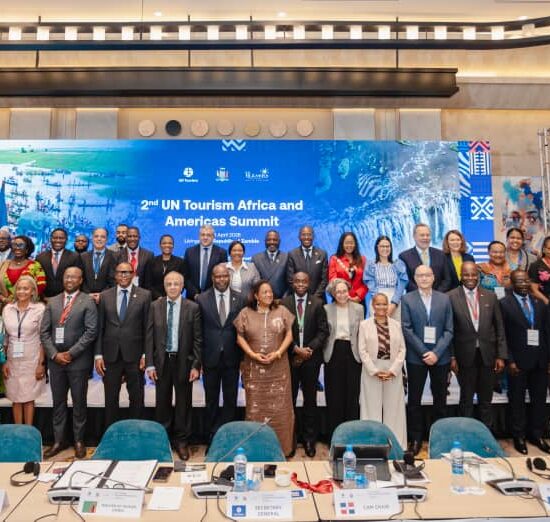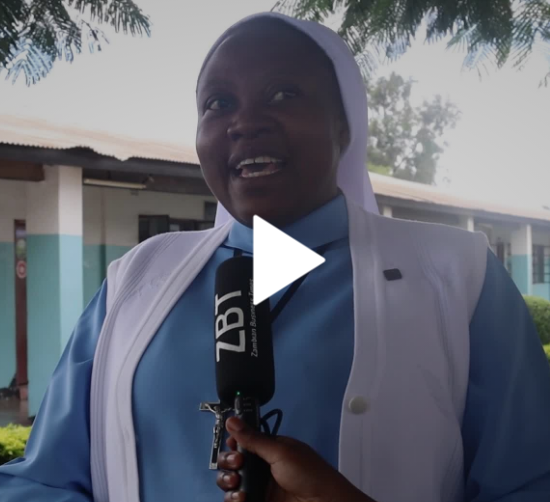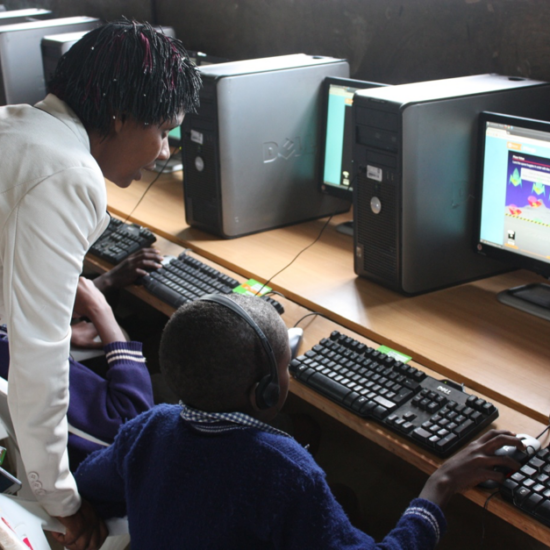
Power rationing has now become an imperative at Lake Kariba dam hydro power station, a shared and major hydro power generation plant between Zambia and Zimbabwe, has recorded water levels dropping to a record 30%.
According to Information by the Zambezi River Authority obtained by the Zambia National Farmers Union – ZNFU and availed to the Zambian Business Times – ZBT, the lake water level continued receding dropping by 7cm during the week under review before closing at 479.80 metres (30% usable storage) on 7th June 2019.
Last year on the same date, the Lake level was at 486.49 metres representing about 7% difference compared to this year.
And the Jesuit Center for Theological Reflection (JCTR) has urged Government through ZESCO to logically implement the load shading strategy in a manner that will not adversely affect strategic businesses such as small and medium scale businesses where the majority local Zambians strive to make a living.
The center says load shedding will result in reduced production in various sectors such as mining, employee retrenchments and loss of income for majority small business.
JCTR Executive Director Fr. Emmanuel Mumba said most affected will be those that could not invest in alternative energy sources and will experience increased production cost and subsequent price increases of basic commodity for those that invested in alternative additional sources of energy.
Father Mumba said the consequences of reduced output in various sectors and businesses will likely be lay-off of workers, loss of income among families, reduction in government revenue to be collected and reduced foreign exchange.
“Currently, the mining sector is the major driver of the Zambian economy, and any disruptions in its production capacity will have serious and domino negative implications on the performance of the local currency and Zambian economy. Already, in the recent past, the Kwacha has faced serious challenges against major currencies such as the US dollar”, Father Mumba said.
The JCTR Executive Director has since wondered if the monopoly of electricity production by a government parastatal still has room in a globalized economy.
Zambia has relied heavily on hydro electricity generation which is prone to climate change effects such is low rainfall that impacts on production. Efforts to invest into other energy sources such as solar by the Industrial Development Corporation – IDC have started but the rate of implementation needs to be speeded up.
Nuclear energy is another source were Zambia has engaged Russia’s Rosatom as the country is reported to have sizeable uranium deposits. This project is however long term and have a development to production horizon of about 10 years and above.







